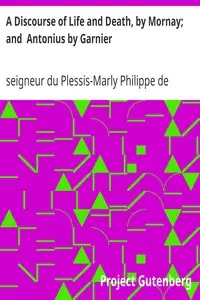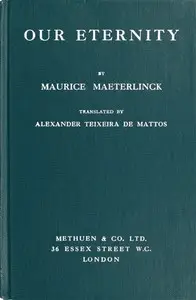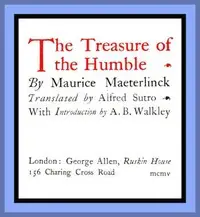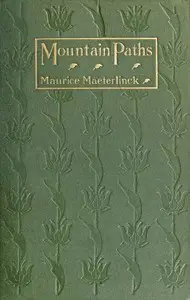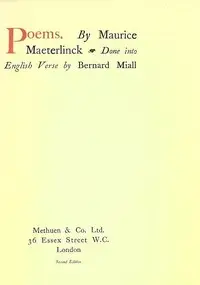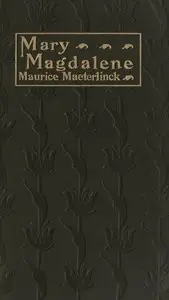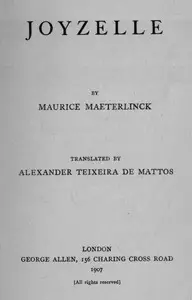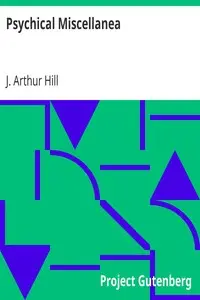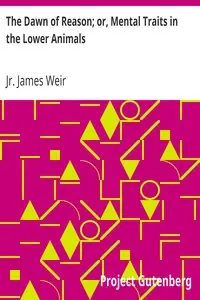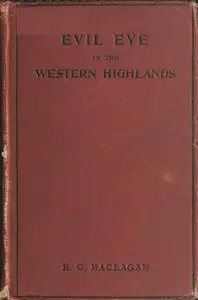"Gleanings from Maeterlinck" by Maurice Maeterlinck is a collection of reflective essays that consider big questions about life, death, and what might come after. Opening with a scene from the author’s play, "The Blue Bird," the essays move into discussions about facing death. The collection suggests that people often avoid thinking about death. The philosophical essays encourage readers to carefully think about their beliefs about life, death, and the mysteries that surround existence.
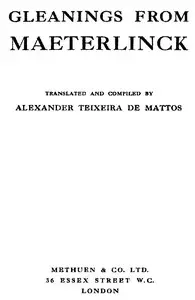
Gleanings from Maeterlinck
By Maurice Maeterlinck
Can people overcome their fear of death and understand life's biggest mysteries?
Summary
About the AuthorMaurice Polydore Marie Bernard Maeterlinck, also known as Count/Comte Maeterlinck from 1932, was a Belgian playwright, poet, and essayist who was Flemish but wrote in French. He was awarded the Nobel Prize in Literature in 1911 "in appreciation of his many-sided literary activities, and especially of his dramatic works, which are distinguished by a wealth of imagination and by a poetic fancy, which reveals, sometimes in the guise of a fairy tale, a deep inspiration, while in a mysterious way they appeal to the readers' own feelings and stimulate their imaginations". The main themes in his work are death and the meaning of life. He was a leading member of La Jeune Belgique group, and his plays form an important part of the Symbolist movement. In later life, Maeterlinck faced credible accusations of plagiarism.
Maurice Polydore Marie Bernard Maeterlinck, also known as Count/Comte Maeterlinck from 1932, was a Belgian playwright, poet, and essayist who was Flemish but wrote in French. He was awarded the Nobel Prize in Literature in 1911 "in appreciation of his many-sided literary activities, and especially of his dramatic works, which are distinguished by a wealth of imagination and by a poetic fancy, which reveals, sometimes in the guise of a fairy tale, a deep inspiration, while in a mysterious way they appeal to the readers' own feelings and stimulate their imaginations". The main themes in his work are death and the meaning of life. He was a leading member of La Jeune Belgique group, and his plays form an important part of the Symbolist movement. In later life, Maeterlinck faced credible accusations of plagiarism.


